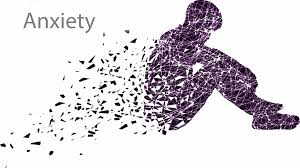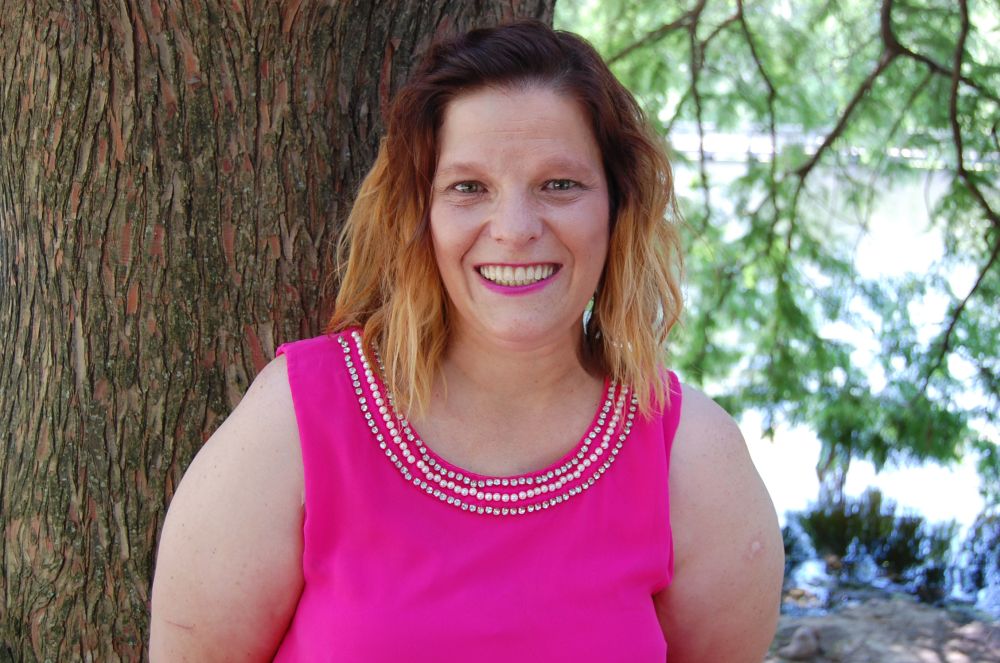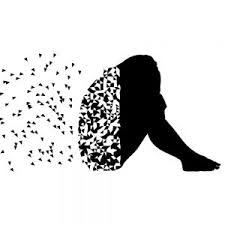With May being a designated month for mental health awareness, this is the perfect opportunity for a discussion on how breast cancer can turn one’s mind against them.
I have always struggled with depression, and with a terminal illness lurking in the background, it’s really difficult to remain upbeat and positive. Oncologist focus on how to eradicate the cancer, but depression can affect how the chemo works also. It has been said if you have a positive attitude, that the attitude affects 80 percent of your success. When you already have a chemical imbalance though and struggling with a death sentence, how does that even work?
“How does that make you feel?” A question asked by so many therapists. All you want do is say with sarcasm, “I don’t know, how does that make you feel asking the stupidest question ever?”

I mean, we already know the question is coming. What we are there for is to find out why we react and behave the way we do. Trauma from a diagnosis like metastatic breast cancer has nothing to do with trauma from your childhood. Every situation is intertwined into the makeup of our depression. Like an eyeshadow pallet, each color represents a mood or trigger into our psyche. And pink is the last color we want to see.
We are already faced with a death sentence, so to have suicidal thoughts may seem arbitrary to some. There was a time not so long ago that I just didn’t care. I was tired of everything and I sunk into such a deep depression I decided to stop taking my meds. I felt like the meds were controlling me and I no longer had control over my every day life. I felt like , ‘Well, I’m going to die anyway.’
Then a friend became really disappointed with me and said, “I’m not going to watch you die on my couch.” I didn’t understand that because she said she would be there for me no matter what, and that was my decision. The truth of the matter was, she wanted me to get help.
“I love you,” she said, “but I can’t do this anymore.”
I realized at that point I had been in denial and I hadn’t been truthful with her, or myself.
For the first time in my life, I’m taking my meds faithfully every day. I had been on anti-depressants in the past, but I would stop taking them because I felt better, or they weren’t working.
Major depression isn’t a sign of weakness, but a sign of strength when you ask for help. Cognitive behavior therapy combined with medication have changed my whole outlook and given me hope of living.


